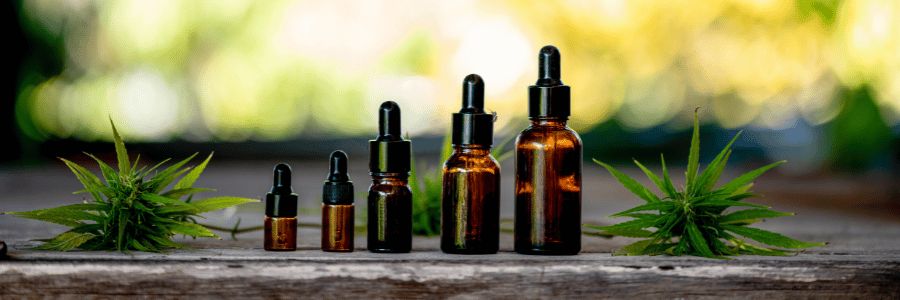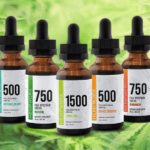Understanding CBD
Cannabidiol (CBD) is a naturally occurring compound found in the cannabis plant. Unlike its counterpart, tetrahydrocannabinol (THC), CBD does not produce a psychoactive effect, making it an appealing option for those seeking relief from pain, anxiety, and other conditions without the mind-altering effects of marijuana or certain pharmaceutical drugs.
Factors Influencing CBD Dosage
Determining the right CBD dosage can be challenging due to several factors:
- Body Weight: Similar to many substances, your body weight can influence how your body processes CBD.
- Desired Effect: The optimal dosage can vary depending on whether you’re using CBD for pain relief, anxiety, sleep disorders, or another condition.
- Concentration of CBD: Products vary in their CBD concentration, which is usually measured in milligrams (mg).
- Individual Body Chemistry: Everyone’s body responds differently to CBD based on their unique biochemistry.
General Dosage Recommendations
There is no universal CBD dosage that works for everyone. However, a common approach is to start with a low dose and gradually increase it. This could mean starting with 20 to 40 mg a day and increasing by 5 mg after a week until you feel the desired effects.
Methods of Administration
CBD can be consumed in various forms, each affecting its dosage and efficacy:
- Oral Consumption (Capsules, Edibles, Oils): This is a straightforward method but may have delayed onset due to digestion.
- Sublingual (Tinctures and Oils): Placing CBD under the tongue allows for faster absorption into the bloodstream.
- Topical Application (Creams and Balms): Ideal for targeted relief, such as muscle pain or skin conditions.
- Inhalation (Vaping): Offers quick absorption but carries potential respiratory risks.
Calculating Dosage
For products like CBD oil, the dosage is typically measured in droppers. For instance, a 30 ml bottle of CBD oil with a concentration of 1,500 mg of CBD means each ml contains 50 mg of CBD. Therefore, a standard dropper will hold 1 ml of liquid, equating to 50 mg of CBD.
Starting Dosage Guidelines
A low starting dose for CBD is typically between 10-20 mg per day. For specific conditions, the following guidelines can be considered:
- Pain: Start with 20 mg per day, increasing by 5 mg every few days until effective.
- Anxiety: Begin with 10 mg per day and adjust as needed.
- Sleep Disorders: Starting with 25-30 mg before bedtime is often effective.
Adjusting Your Dosage
Listen to your body. If you’re not feeling the desired effects after a week of using the starting dose, you can gradually increase the dosage. It’s crucial to keep track of how much you’re taking and whether your symptoms are getting better.
Consult a Healthcare Professional
Before starting any new supplement, including CBD, it’s important to talk with a healthcare professional, especially if you’re taking other medications. CBD can interact with certain medications, so a healthcare provider can help you avoid adverse interactions and determine a safe dosage.
Considerations and Side Effects
While CBD is generally considered safe, it can cause side effects in some people, such as dry mouth, diarrhea, reduced appetite, drowsiness, and fatigue. It’s also worth noting that the FDA does not regulate CBD for most conditions, which means the dosage and purity can vary between brands.
Conclusion
Determining the right dosage of CBD is a personal journey. Start low, go slow, and pay attention to how your body reacts. With careful monitoring and consultation with healthcare professionals, you can find the dosage that works best for you.
This guide aims to serve as a starting point for individuals considering CBD for health and wellness. It’s essential to remember that research on CBD is still evolving, and what works for one person may not work for another. Always prioritize safety and efficacy by choosing high-quality products and consulting with healthcare experts.



